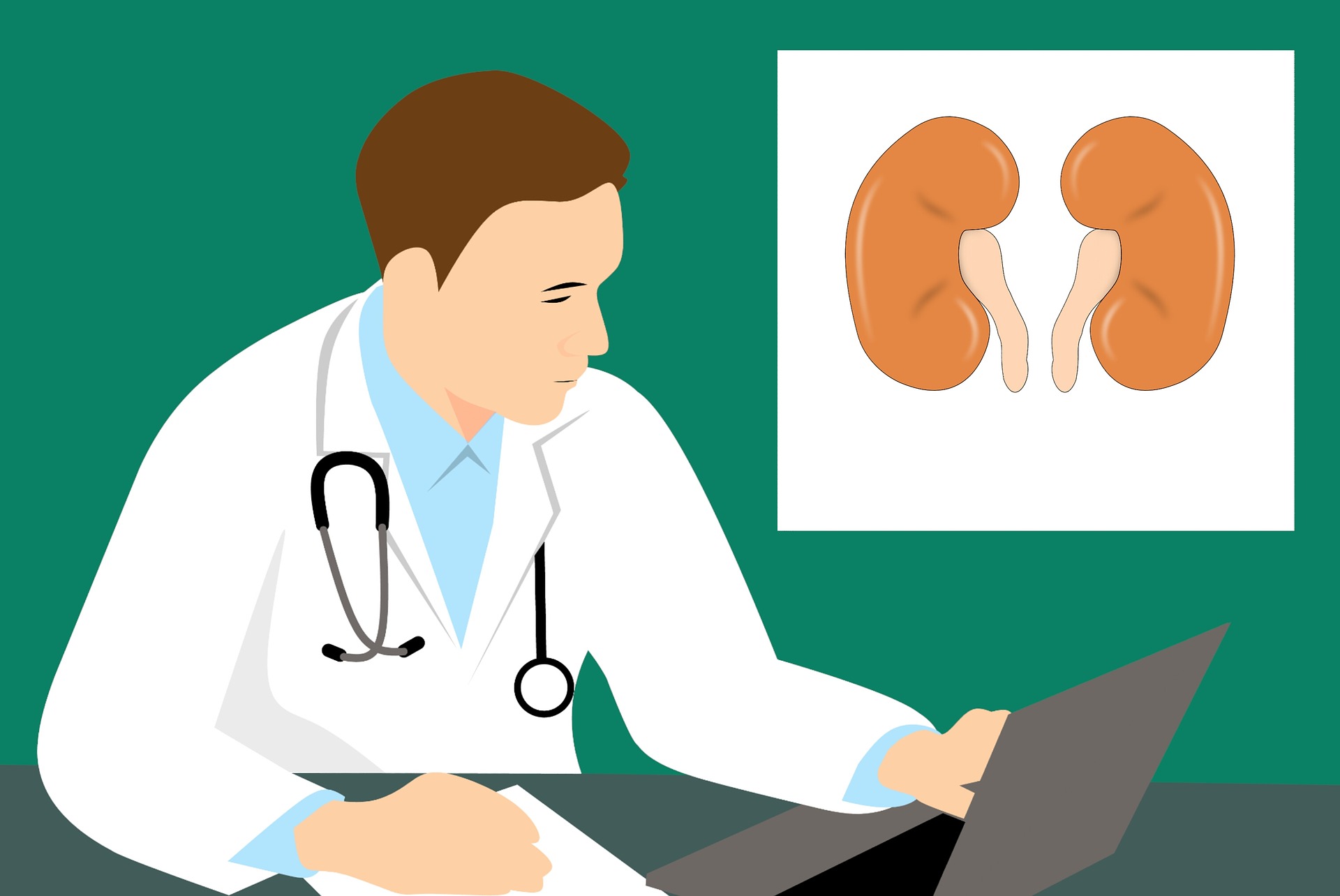
National Brain Awareness Week is scheduled for March 11th through the 17th this year, and the month of March also happens to be National Kidney Month, and that means there’s no better time to think about how good kidney health can benefit your heart and brain.
In Oxford and elsewhere around the country, the adult children of senior parents should devote some time to considering how better care of the kidneys can impact better heart and brain health for their elderly loved ones. This article will offer some thoughts on recommendations of private duty caregivers, including ways that kidney health can be improved for seniors and some ways that kidney damage can be avoided.
The kidney-heart connection
The heart is the primary organ involved in the cardiovascular system which transports oxygen and nutrients throughout the body, while also collecting waste products and helping to remove them. The kidneys are the primary organs in your body for removing excess water from your system, as well as waste products which accumulate.
The kidneys help to maintain bone health, to maintain a balance of minerals in your blood, to create new red blood cells, and they also help with the control of blood pressure. Because of the crucial role that the kidneys play in maintaining your body’s health, they have a huge impact on the health of your heart as well. In the same way, the health of the heart and its efficiency in maintaining the cardiovascular system has a big impact on the efficiency and health of the kidneys.
The kidney-brain connection
Within the last decade, scientists have discovered a strong connection between kidney function and the health of the brain. What scientists have specifically discovered is that kidney function has a strong connection to cognition, which is related to memory function. What is considered to be the earliest signs of Alzheimer’s disease is when damage occurs to episodic memory, which is closely associated with memories of time and place, as well as associated emotions.
Furthermore, it is theorized that common diseases affecting both kidneys and the brain in elderly persons may have underlying problems with the vascular system, such as hypertension or diabetes. In one of the first studies exploring the connection between kidneys, heart, and brain function, the Rush Memory and Aging Project followed almost 1,000 adults for six years to monitor changes in their cognitive abilities over time.
The findings of the study concluded that poor kidney function was strongly linked to a faster rate of decline in cognitive abilities after kidney function became degraded. Cognitive deterioration showed up as a decline in semantic, episodic, and working memory, and the rate of decline was roughly equivalent to what it would have been in a person seven years older than the subject being monitored.
Good health for kidneys, heart, and brain
Keeping your kidneys healthy involves some of the same practices as does keeping your heart healthy. While it is important to stay hydrated, your kidneys will not function any better whether you drink four glasses of water per day, or 12. An essential part of keeping your kidneys healthy is avoiding medical conditions such as high blood pressure or diabetes, and that means following a healthy diet with good eating habits. While this doesn’t directly impact the health of your kidneys, it helps to avoid health issues which can seriously degrade kidney function.
Regular exercise is a great idea for both kidneys and heart because regular physical activity helps to avoid gaining weight and developing high blood pressure. There is one caveat to this of course, which is that you must be capable of withstanding physical exercise in the first place, otherwise you can actually harm your kidneys by putting a severe strain on them.
Make sure you don’t overdo it with herbal supplements and vitamins because excessive amounts of these can actually be quite harmful to your kidneys. In order to be on the safe side, you should discuss with your family physician the supplements and remedies that you’re ingesting, as well as the amounts of each one of them.
Both heart health and kidney health can be seriously impacted by smoking because that can cause major damage to blood vessels, which will, in turn, inhibit blood flow to the kidneys. Without an adequate flow of blood, kidneys will not be able to perform their normal function in an optimal fashion. This will also eventually cause damage to your heart, and this dual harmful action will increase the risk of high blood pressure, as well as the potential for developing kidney cancer.
Your kidneys can also be affected by prolonged ingestion of non-prescription pills, for instance when taking ibuprofen or naproxen for arthritis or chronic pain. If you do take these medications over a prolonged period, you should be monitoring kidney function during that whole time frame. Better still would be to avoid extended use of these types of NSAID’s.
Finally, if you are a person at risk of developing kidney problems or kidney disease, you should regularly be screened to see how your kidney function is doing at the moment. People with diabetes or high blood pressure are considered to be at risk of developing kidney problems, and these individuals especially should regularly be checked for any type of developing kidney problems. By ensuring that your kidneys are functioning at a high level, you can reduce your risk of heart disease, as well as any early development of cognitive decline in the brain.
